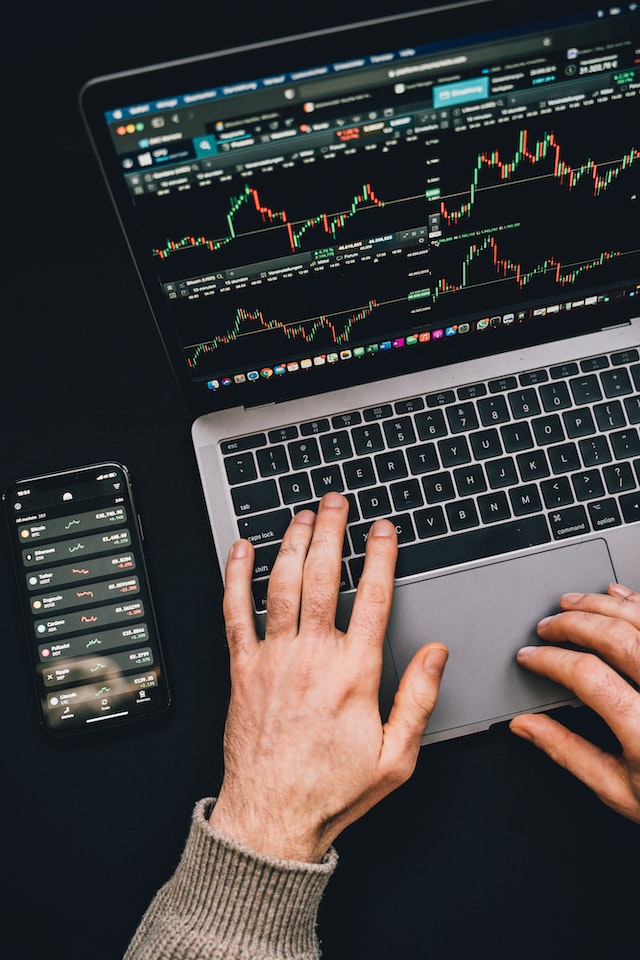In recent times, the world’s financial markets have been undergoing a period of heightened volatility and uncertainty. Amidst this backdrop, global equity funds have been closely monitored by investors seeking opportunities to capitalize on potential gains. However, breaking a trend of four consecutive weeks of inflows, these funds have experienced a sudden outflow. This article aims to shed light on the reasons behind this development and its potential impact on the global investment landscape.
Why Global Equity Funds Matter: Global equity funds are a crucial component of the financial ecosystem, representing diversified investment vehicles that enable investors to gain exposure to various international markets and industries. As a result, their performance serves as an important barometer of investor sentiment and risk appetite on a global scale.
Factors Contributing to the Outflow:
- Geopolitical Tensions: Heightened geopolitical tensions can significantly impact investor confidence and trigger shifts away from riskier assets like equities. Factors such as trade disputes, political instability, or military conflicts can create uncertainties in the global economy.
- Economic Indicators: Weak or mixed economic indicators in major economies can instigate a wave of risk aversion among investors. Concerns about slowing growth, rising inflation, or high unemployment rates may lead investors to reallocate their portfolios.
- Central Bank Policies: Decisions made by major central banks regarding interest rates and monetary policies can sway investor behavior. Signals of tightening monetary policies may cause investors to reevaluate their risk exposure and opt for safer assets.
- Industry-specific Factors: Performance fluctuations in specific industries or sectors can influence overall equity fund flows. Industries experiencing downturns may lead investors to seek more promising sectors.
Impact on the Global Economy: The sudden outflow from global equity funds could have several ramifications for the global economy. For instance:
- Stock Market Volatility: A significant outflow from equity funds could trigger increased volatility in stock markets worldwide, potentially leading to wide price swings and investor anxiety.
- Currency Market Fluctuations: As investors reallocate funds, it may affect currency markets, causing fluctuations in exchange rates and impacting international trade.
- Credit Conditions: Changes in investor sentiment can also influence credit conditions, making it easier or more difficult for companies and governments to access capital.
Strategies for Investors: Given the evolving market conditions, investors might consider the following strategies:
- Diversification: Diversifying across different asset classes can help mitigate risks associated with sudden shifts in market sentiment.
- Staying Informed: Keeping abreast of global economic and political developments can help investors make more informed decisions.
- Long-term Perspective: Investors with long-term goals should resist making impulsive decisions based on short-term market fluctuations.
Conclusion: Global equity funds experiencing their first weekly outflow in four weeks serve as a stark reminder of the volatility inherent in financial markets. The interplay of geopolitical tensions, economic indicators, and central bank policies underscores the importance of staying vigilant and adaptable as an investor. By monitoring market developments and adopting prudent investment strategies, individuals can navigate the evolving landscape with greater confidence.












